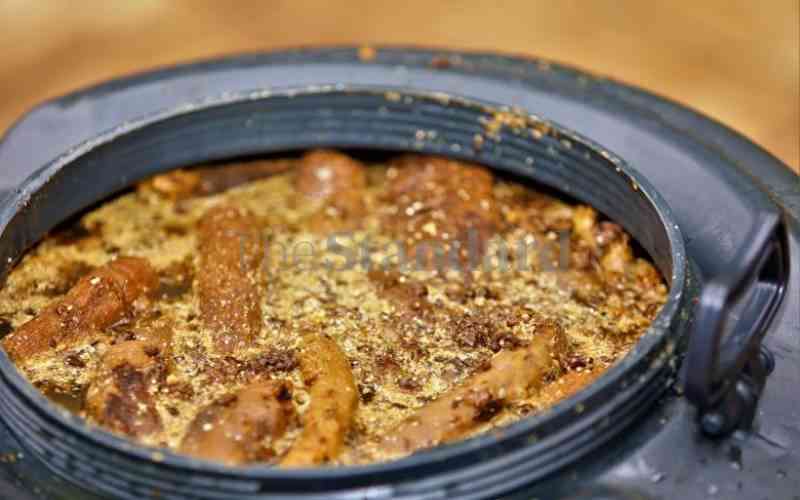
There is a common saying that alludes to the idea that, if you are to understand the reasons behind a systemic problem in society, one must simply look towards white supremacy. Unfortunately, this saying is more often than not correct in its assumption as a look into the history behind a societal problem will often point to a white supremacist origin. And this is particularly the case when we look at alcohol consumption patterns amongst African societies and, more specifically, alcoholism in central Kenya.
Alcohol consumption was a mainstay in traditional African societies even prior to our contact with white populations. Traditionally, alcohol was consumed for ritual, ceremonial and cultural purposes, and was commonly made out of local plants that could be fermented.